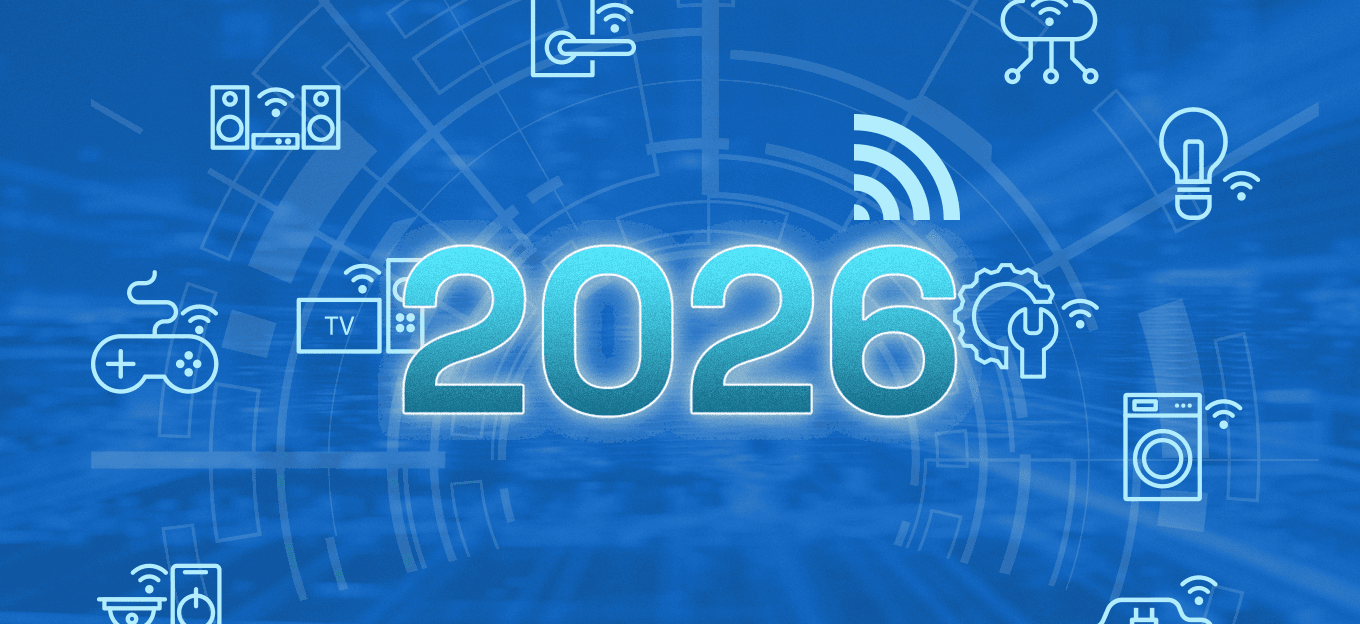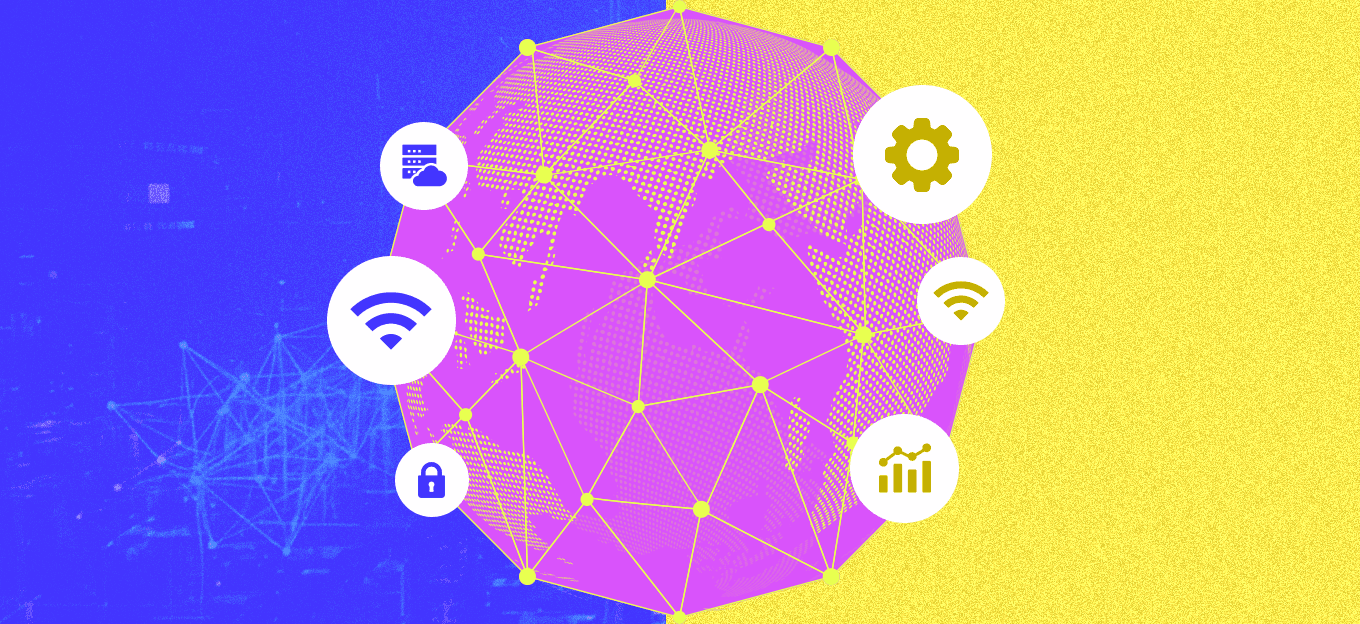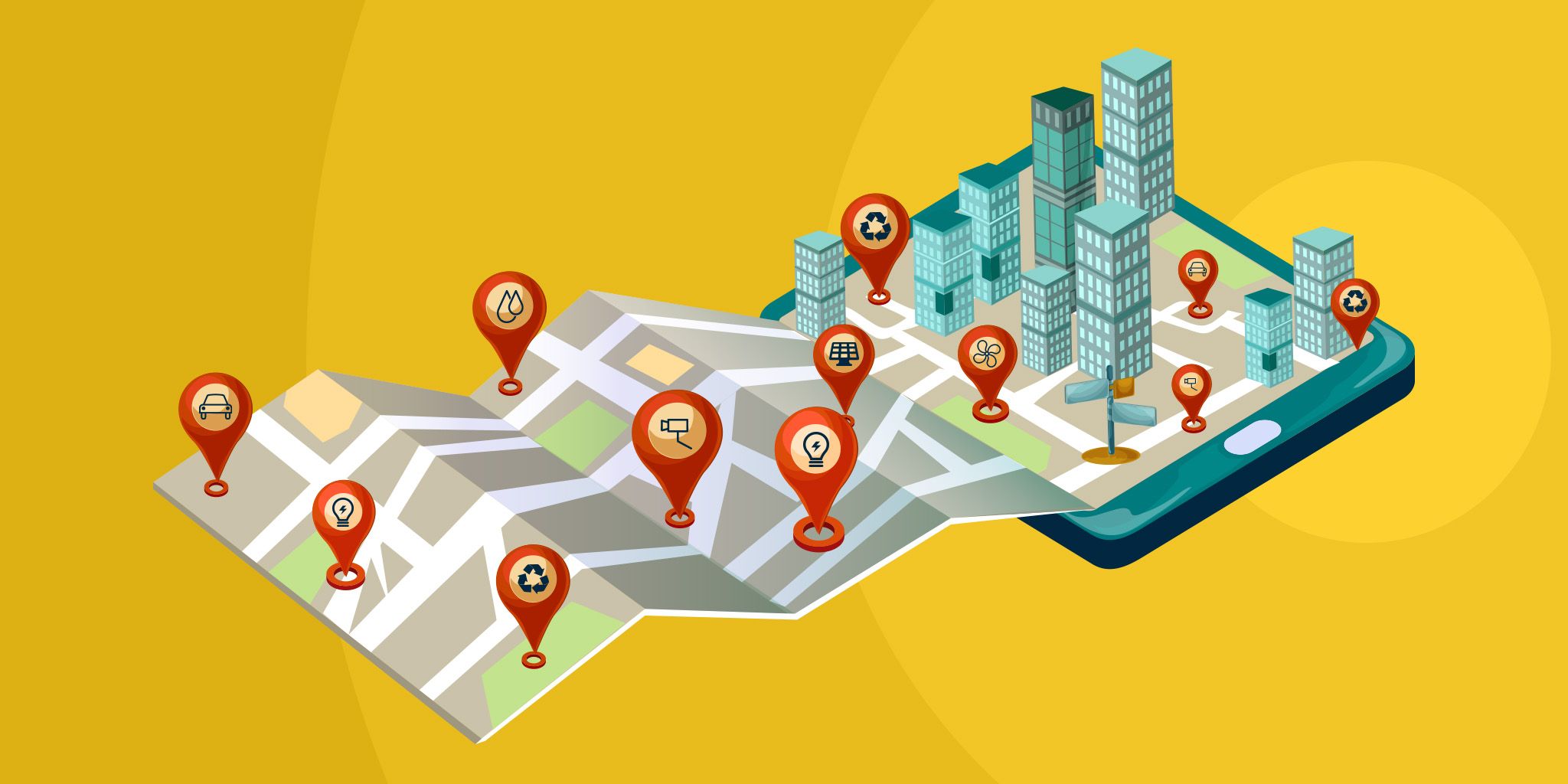Integrating Alexa Gadgets Into Your IoT & Home Automation Solutions
Integrating Alexa Gadgets Into Your IoT & Home Automation Solutions
- Last Updated: December 2, 2024
Leor Grebler
- Last Updated: December 2, 2024



I'm fascinated by what might come from Alexa Gadgets Skill API. In September, we saw the announcement of Alexa Buttons. These buttons allow you to buzz in for game show-like experiences with the Echo. Think Family Feud or Jeopardy. There's also the possibility for skills to change the color of the button's LEDs.
Amazon has marketed these buttons as wholesome family fun - similar to board game night. However, this masks the very powerful technology that's driving the buttons and how this could potentially be used in other applications.
Amazon is teasing about this capability through Alexa Gadgets. With this soon to be released API, developers will be able to create inputs for the Echo or receive commands that are synchronized with dialog playing from Alexa-enabled speakers. There's also the possibility of having the device sync based on music that's playing. However, there are some possibilities that could make interacting with devices and AI assistants much more compelling.
At the same time, some of these features may end up being competitive to devices that are currently on the market and IoT device makers may need to decide to take the strategy of fighting or embracing Amazon when it comes after their lunch.
Let's start with some basic functionality of the gadgets. The list below is pure speculation based on the Alexa Gadget Skill API page.
- Sending a push notification to Alexa
- Receiving back commands to actuate a light on/off
- Receiving back commands to actuate the color of a light
- Potentially receiving back other information / commands
- Toys
- Finding things
- Controlling devices
- Providing feedback back to Alexa of status of devices
- Cooking lessons
- Fixing things
- Coordinating deliveries / in home repairs
Play Time
The biggest windfall for Alexa Gadgets will be to toy makers. Imagine how Skills will now be able to coordinate physical hardware during audio play out. As a Skill reads out a passage or plays a tune, it can coordinate with lights or motors on the toy to activate. The device could even provide audio feedback to the Echo that can be relayed to the Skill.One example could be a robotic toy dog. A Skill activated by the user could yell "Come here, boy!" and then send a request to the dog to start jumping around. In another scenario, the Skill could ask "Robot, are you there?" and the robot could be activated to play back "Yes, I'm here". In essence, the robot and Alexa could have their own conversation.
Taken to the extreme, you could imagine coming home to see your child's toys talking amongst themselves or with Echo while you're away.
Other more probable scenarios are the next generation of board games. These could light up and include buttons that could interact with a Skill that's running in the background. Classic board games like Monopoly or Scrabble could be interfaces with Alexa to provide game rules or be a virtual banker.
Alexa: "Would you like to buy Park Place?" You: "Yes".
The board could also detect that hotels were placed on a spot and then the Skill could confirm and deduct from the player's account.
Where's My Stuff?
The ability to either actuate lights or send other commands to hardware may come as a threat to TrackR or Tile devices. If device makers integrate their products to Alexa Gadgets, it would make it possible for them to be tracked by voice request. Also, it would be possible to confirm that the device had been located by pressing a button on the device to communicate back to Alexa.The question to the device makers is whether they would just use Bluetooth integration to connect to Echos or whether their device would also have full Internet connectivity. For indoor tracking product makers, they may decide to embrace Alexa Gadgets alongside their own systems and maybe even extend the service to find devices that are beyond the range of the Echo.
From Amazon's perspective, it would be a boon to its home service offerings to help a repair person track a particular object in a home if that person is being sent and let in through Amazon's key service.
Wrestling Control
If the Alexa Gadgets API does provide the ability to send commands to objects, it opens up the door for this service to be used to control IoT devices. Lights, locks, appliances, and other household devices could then be controlled through the same API, rather than requiring an integration with the Smart Home API.Amazon may eventually need to put a clearer definition between a smart home device and a gadget. Developers may use this lag to create unique applications.
Knowing More
Developers may be able to use the tool to get insight into how their device is being used and whether there's a unique way a Skill can interact with the device. Long press, double press, press and hold - these could all be commands that the Gadgets API supports.This would then extend to sensors that could tell if a door, cabinet, or window was open or closed, whether someone stepped on a home's welcome mat, or if a fan is on or off. Devices mimicking or translating actions into button push could also allow for input for interaction or coordination with a Skill.
Kiss the Cook
What if we could take interactive cooking to a new level? If a Skill could present cooking classes that communicate with cooking utensils, it could create a much more interactive experience. Imagine knives and cutting boards that glowed and also helped let a Skill know what process you were at in cooking, e.g. slices onions on a cutting board or lifting up a pot.Cookware that uses the Gadgets API could also be integrated with reminders and alarms. "Alexa, remind me in 12 minutes to check on the eggs" could cause the pot to glow and beep, along with a reminder from Alexa. An oven integrated with the API could also signal to a Skill every time the door was open or a flame turned on - and to what setting. A Skill could respond to an action with "Great, I see you've set the oven to 400 degrees... let's start on the sauce..."
Mr. Fixit
Similar to the cooking example, power tools could be integrated with Alexa Gadgets to let guiding Skills know what was being used, for how long, and it what way. Different screwdrivers (the right type) could guide users through assembly of furniture. It might be easier to find a tool in a toolbox when it illuminates itself.This type of application could be a boon for DIY companies like IKEA.
An Orchestrated Future
With the potential applications of Alexa Gadgets together with home automation and Skills, our homes could become magical places. Music, news, and games could be coordinated with lights, motion, or other objects. Initial applications will likely be kitschy, like the Hall of the Presidents at Disneyland, lighting up presidents in coordination with narration. However, some will probably be jaw dropping.Regardless, it's going to make interacting by voice with devices very different.

To learn more about IoT projects using Alexa, check out these resources:
The Most Comprehensive IoT Newsletter for Enterprises
Showcasing the highest-quality content, resources, news, and insights from the world of the Internet of Things. Subscribe to remain informed and up-to-date.
New Podcast Episode

How Smart Labels Transform the Supply Chain
Related Articles



